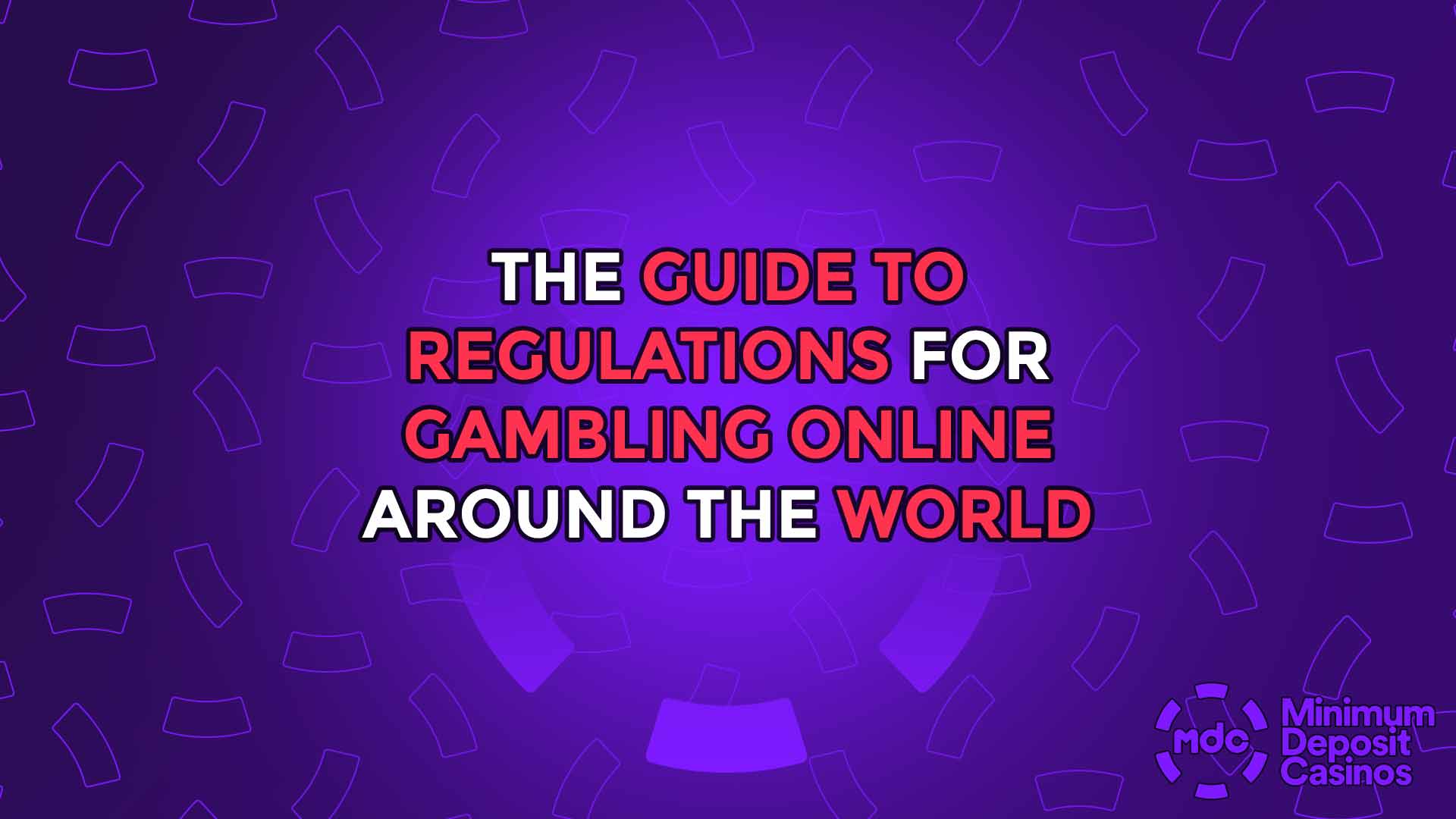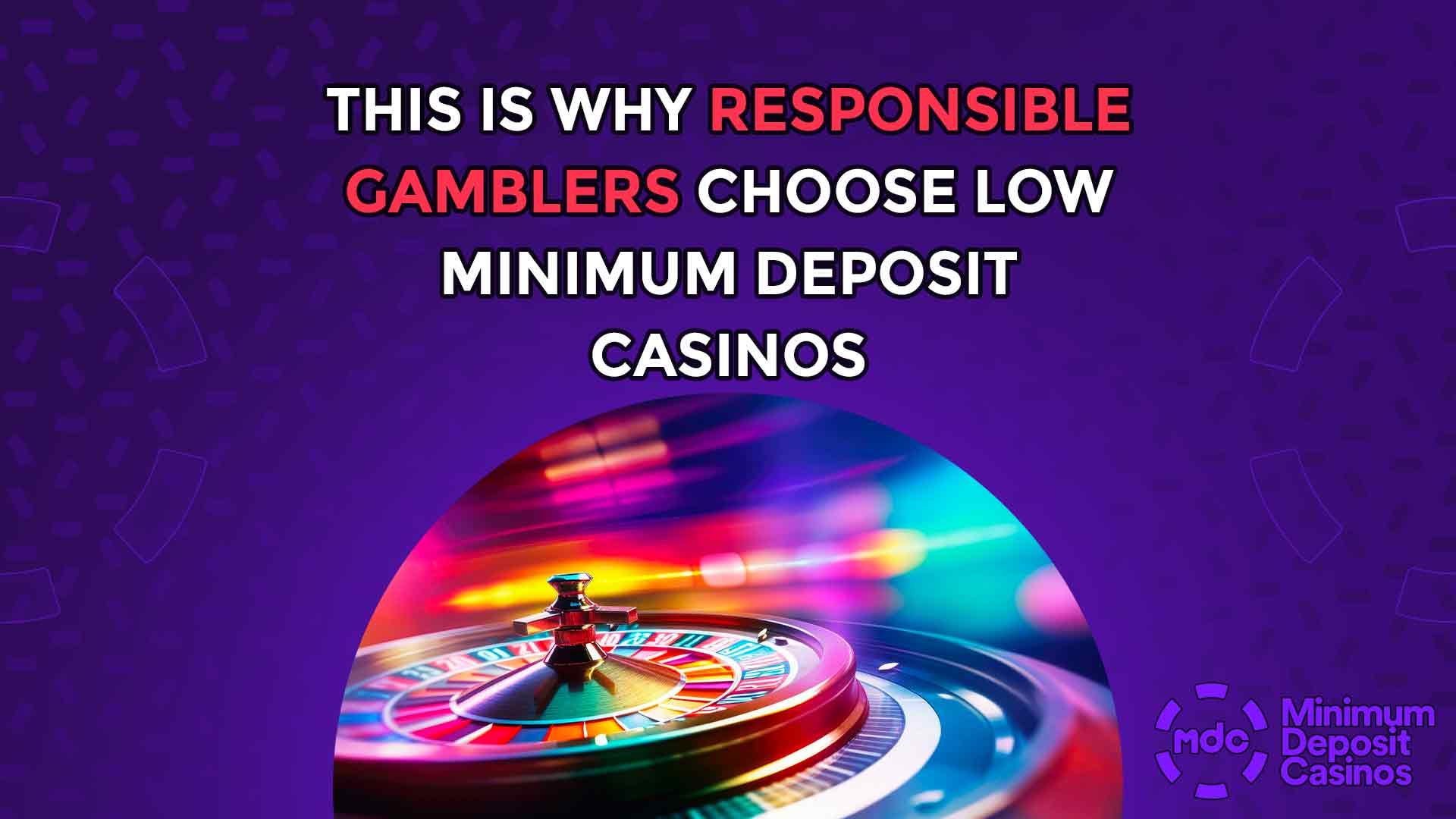
The Guide to Regulations for Gambling Online Around the World
Introduction to Online Gambling Regulations
Gambling existed long before minted currency. In ancient times, people wagered personal belongings like food, livestock, and even land. Thousands of years later, gambling remains a global pastime – but much has changed. Today, it thrives online, allowing players to conveniently bet on sports or casino games from anywhere with internet access.
The rise of online gambling has transformed it into a multi-billion-dollar industry. Yet, with this growth comes a complex web of regulations. Online gambling laws vary widely across countries and regions, shaped by legal, cultural, and economic factors. Some governments focus on player protection while also boosting tax revenue, while others impose strict controls to preserve religious and cultural values. This guide simplifies the involuted online gambling regulations, helping both players and providers steer through the mazed terrain.
Europe: A Diverse Regulatory Landscape
Europe has a patchwork quilt of laws when it comes to gambling. The countries are wildly diverse and stitched together by a continent too vast for a single rulebook. Legal traditions, cultural quirks, and economic appetites collide here, creating a mosaic of laws. The European Union offers loose guidelines through which each nation wields its regulatory sceptre. Maybe dissecting the laws of the three largest countries in Europe – the United Kingdom, Germany, and France – can help create a clear picture.
United Kingdom
In the UK, gambling dances under the tune of the Gambling Commission (UKGC), the regulator created by the 2005 Gambling Act, and took full control in 2007. It doesn’t just license operators – it polices them, and its net cast over online betting, digital slots, arcades, lotteries, and even the glitzy floors of brick-and-mortar casinos. From the smallest app to the grandest gaming hall, every provider serving UK punters answers to its whistle.
To earn the UKGC’s golden ticket, operators must prove their mettle. They need to prove they have the financial muscle to stay afloat, swore an oath to responsible gambling, and abide by the Anti-Money Laundering (AML) and Know-Your-Customer (KYC) checks. The stakes are high – rigged games, fraud, or shady dealings don’t stand a chance.
Player safety is the UKGC’s north star. It’s a restless guardian, tweaking rules and rolling out fresh edicts – like recent financial risk checks that flag players teetering on debt’s edge. These moves shield the vulnerable from ruin, keeping the UK’s gambling pulse steady and secure.
For fairness, the UKGC demands that all software and systems face the crucible of testing by outfits like eCOGRA. These tests ensure game providers play straight and return-to-player (RTP) rates hold true.
Germany
Germany’s gambling laws are a delicate dance between unity and autonomy, guided by the Interstate Treaty on Gambling, rolled out on July 1, 2021. This framework hands each of its 16 federal states a leash. Some states license private casinos, while others run online platforms as state-run monopolies in partnership with investors to keep the profits close. It’s a rigid but equally fractured system that mirrors the nation’s federated soul.
All regulatory work happens under the guide of Glücksspielbehörde der Länder (GGL), Germany’s stern overseer. Its rulebook is sparse but ironclad: nationally, only poker and slots get the green light online. Want roulette or blackjack? That’s a state-by-state gamble – some say yes, others slam the door. Sports betting and poker face their own gauntlet: private licenses exist, but betting on youth sports is banned, and poker players are capped at four tables at once, with no exceptions.
Compliance isn’t optional. Operators flouting the GGL’s decrees risk crippling fines, complete banning and even seized funds.
France
In France, online casinos are prohibited. The only available legal options are sports betting, horse racing, and poker, regulated by the Autorité Nationale des Jeux (ANJ).
Even with the restrictions, the government doesn’t tax casual gamblers. Only professional players pay income tax and make social security contributions. But since operators are highly taxed, the odds are generally lower and so you get diminished profits compared to other regions.
There are ongoing discussions as part of the 2025 budget, aiming for a 55.6% tax rate. It, however, faces opposition from land-based casinos. If passed, it could potentially shift France’s historically strict stance.
North America: A Patchwork of Laws
Gambling in North America means canvassing around a dizzying array of laws that shift with every border. From nations to states to provinces, this continent refuses to march to a single beat. It’s a symphony of rules – orchestrated by local powers and loosely tuned by federal strings. Like the region’s terrain, the stakes are as varied, with the two giants, the United States and Canada, playing the anchor. Let’s peel back their gambling regulatory framework.
United States
In the US, online gambling is a chessboard where each state moves its own pieces, whereas the federal law lays down broad rules, like the Unlawful Internet Gambling Enforcement Act, that every operator must heed. Fifty distinct authorities decide whether to greenlight or gatecrash digital dice.
Currently, you can play online slots and wager on sportsbooks in only six states. They include New Jersey, Delaware, Connecticut, Pennsylvania, Michigan, and West Virginia. The other 46 states linger in the shadows.
Ignorance is as bad as losing a bet. So, before you ante up, first check your state’s playbook legal lines.
Canada
Up north in Canada, gambling laws are local. From icy Yukon to bustling Ontario, each province has its own watchdog that license and oversight operators.
You can play either at provincial government-run platforms or private sites. Both play by the same rulebook as compliance is king. But Canada’s gambling frontier is fast shifting, with privatization whispers, tech surges, and responsible gaming reforms ripple through.
Asia: Strict Regulations and Emerging Markets
Asia towers as a colossus in the gambling world, its online industry barricaded by some of the planet’s fiercest laws. Tradition digs in its heels here – cultural codes and religious edicts slam the gates shut, draping a heavy veil over online gambling. Yet there’s growing defiance. Beneath this iron grip, illegal online gambling reigns supreme, thriving in places like Indonesia, denying governments revenues. Against this tense backdrop, legal online gambling claws its way through the cracks, sparking vibrant markets that challenge the old guard’s reign. Let’s take a look.
China
In China, online gambling is a forbidden fruit, outlawed with a snarl from Beijing. The state doesn’t mess around – cross the line, and you’ll face a dragon’s wrath, with soaring fines or end up in a cage for up to three years. Whether spinning reels or running the show, there’s no excuse. Enforcement is a steel net, snaring players and operators alike in its coils.
But beneath this iron curtain, a shadow game thrives. Millions of Chinese punters defy the ban, fueled by underground markets and offshore havens. Armed with VPNs and stealth browsers, they slip past the Great Firewall of China, chasing illicit thrills on local haunts and foreign shores. It’s a high-stakes cat-and-mouse dance where the forbidden only sharpens the allure.
Japan
Japan’s gambling laws ban most online bets with samurai precision. It’s terrible news for casino gamers. But there are options. Sports betting is legal. Online betting on horse racing, boat racing, and more is available through a tight clique of platforms blessed by the Japan Racing Association (JRA) and kin. It’s a narrow window, yet a lifeline.
Whispers of broader change rustle through – demand swells, revenue beckons, and lawmakers eye online casinos with cautious intrigue. Strict rules will chain any expansion, but the future glimmers beyond the bamboo curtain. Also, recently, Japan legalized casino gaming within integrated resorts (IRs). The first chips will hit tables soon, a nod to shifting tides.
India
Like many big countries, India has a monsoon-soaked maze gambling industry. The industry is drenched in federal and state edicts that clash and blur. Each of its 28 states regulates its online gaming sites and physical casinos. Maharashtra bans such services, while Goa and Sikkim welcome both online and brick-and-mortar casinos.
While the federal government provides the general framework, it lacks clear-cut laws and regulations, creating lots of grey areas that are easily crossed. Offshore operators swoop in like monsoon winds, dominating the chaos with slick platforms and bold promises.
Skill-based gaming and fantasy sports remain popular. Millions of Indians now prefer gambling games where their skills determine success, like puzzle games and online poker.
Australia Regulated but Restrictive
In Australia, online gambling services are regulated under the Interactive Gambling Act (IGA) 2001. The law prohibits online casino games like slots, roulette, and blackjack while allowing sports betting and lotteries. The federal and territory governments, through the Australian Communications and Media Authority (ACMA), are responsible for enforcing these rules. In cases where territory law conflicts the federal law, the latter overrides the former.
New Zealand’s evolving casino regulations
The Department of Internal Affairs is responsible for ensuring that all physical establishments and online platforms operating in NZ comply with the Gambling Act 2003, as well as crucial license mandates, regulations, and minimum operating standards.
Online gambling is currently not fully legal, restricted to Lotto NZ and TAB, with offshore sites accessible but unregulated. The government announced plans for a regulated online casino market by early 2026, with licensing and taxation systems, surprising given the historical grey area.
Africa: A Growing Online Gambling Market
More and more people in Africa are joining online gambling platforms as the internet spreads. Companies are making big money in busy markets like South Africa, Kenya, and Nigeria. Many Africans have smartphones now. Lots of young people know how to use them well. This has enabled millions to try mobile casino games, playing right on their phones.
But the rules aren’t clear in most places, especially for online betting. This leaves players at risk, especially in Nigeria and South Africa. Most leaders don’t focus on keeping gambling safe. Kenya is different – it has strong, clear rules for online gambling implemented by the Betting Control and Licensing Board (BCLB). Now, people in charge across Africa are starting to see the need for better laws and more protection for players.
Latin America: Rapid Growth and Evolving Laws
In Latin America, places like Brazil and Mexico mostly allow gambling. This region is growing fast as a top spot for gambling, pulling in many companies eager to join the action. Let’s look at Brazil and Mexico, two big players, and the regulators and laws shaping their online casinos and sports betting.
Brazil
Brazil’s gambling scene is heating up. The Ministry of Finance, through its Prizes and Betting Secretariat (SPA), runs the show. In December 2023, Law No. 14,790 – nicknamed the “Law of Bets” – made online sports betting and some online gambling legal. It started fully on January 1, 2025. Before this, Law No. 13,756 of 2018 kicked off sports betting, but the new law added more rules and online games.
You can now bet on sports like soccer, MMA, basketball, tennis, volleyball, and Formula 1 legally. Fantasy sports are okay, too – no big legal trouble there. Online casino games, like slots or poker, aren’t fully legal yet everywhere, but the SPA has set up a regulated market. No law stops Brazilians from playing on virtual casinos, so many do without worry. Companies need a license from the SPA, costing 30 million reais (about $6 million USD) for five years. As of February 2025, 37 companies, like Betano and Bet365, have permanent licenses until 2029, while others have temporary ones.
The government’s cracking down on illegal sites – over 2,000 got blocked in 2024. Soon, expect clearer rules for online casinos as gambling grows. The SPA works with the Financial Activities Control Council (COAF) to watch money and stop scams, making sure betting stays safe.
Mexico
In Mexico, the Ministry of the Interior (SEGOB), through its Gaming and Raffles Bureau, calls the shots on gambling. The main law is the Federal Law of Games and Raffles of 1947, which says what’s allowed or not. It’s old, so the Regulations of the Federal Law of Games and Raffles (updated over time) help cover online stuff. These rules say games like chess, races, and sports betting are fine, but online casinos need SEGOB’s approval.
Anyone offering games – dice, blackjack, or races with cars or animals – must get a license from SEGOB. Mexicans bet on local sites, which use pesos and Spanish, or offshore ones with more games. Millions love both options. In 2025, the laws for online gambling are still fuzzy. Many companies don’t have SEGOB licenses yet, but the market’s growing anyway. The government’s likely to update rules soon to match new tech and trends, keeping things safer.
Responsible Gambling and Consumer Protection
Across the globe, leaders and regulators work to make sure gambling stays fun, fair, and safe. They want to stop problems like addiction or losing too much money. From Europe to Africa to Latin America, countries use rules and tools to protect players.
In Europe, the UKGC and GGL are tightening rules as online gambling grows – think more checks on players and tougher licenses. Brazil’s SPA and Law No. 14,790 will add online casino rules soon, while Mexico’s SEGOB plans to update the old 1947 Law for digital games. Kenya’s BCLB might join other African countries to make one set of rules for the continent. In the United States, states like New Jersey (with the Division of Gaming Enforcement) and Canada’s provinces (like Ontario) are testing new ideas – some might share rules across borders. China’s strict ban, under the Ministry of Public Security, won’t budge, but illegal betting keeps pushing them to act.
Globally, companies must offer help. Self-exclusion lets players block themselves from gambling sites – say, for a month or a year. In the UK, Germany, and Brazil, this is statutory. Other tools include betting limits that limit how much you can spend, and reminders (pop-ups saying “Take a break”). Some places, like Canada’s provinces (e.g., Ontario’s Alcohol and Gaming Commission), add cool-off periods – short bans to calm players down. Big international groups step in too: the International Association of Gaming Regulators (IAGR) shares ideas worldwide, the Global Gambling Guidance Group (G4) certifies safe companies, and eCommerce Online Gaming Regulation and Assurance (eCOGRA) tests games to make sure they’re honest. Together, they fight for a safer gambling world.
The Future of Online Gambling Regulation
Gambling rules are changing fast all over the planet. Leaders everywhere – from Asia to North America – are making new laws to keep up with more players, new tech, and what people want.
In 2025, the most-talked about change in gambling is blockchain technology, including cryptocurrencies like Bitcoin. More sites use crypto – over 20% globally, experts say. Regulators are rushing to catch up. The UKGC tests blockchain for fair games, Germany limits it to stop cheating, and Mexico might allow it soon. Groups like IAGR warn it could hide bad stuff, so laws will get stricter.
Cryptocurrencies let players hide their names and pay safely – big in places like India (where laws are fuzzy) and Brazil (where the Financial Activities Control Council (COAF) tracks it). Gambling operators love them because they’re fast and hard to hack.
New tech, like artificial intelligence (AI), is coming too. AI can spot players who bet too much and warn them – already used in Europe and Canada. Rules will change fast – by 2026, most big countries will have new laws for crypto and AI. Gambling’s future is exciting but tricky, and the world’s working together to keep it safe.






